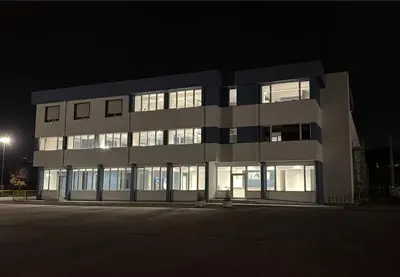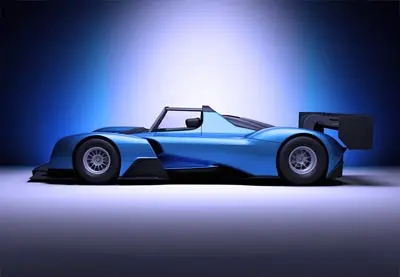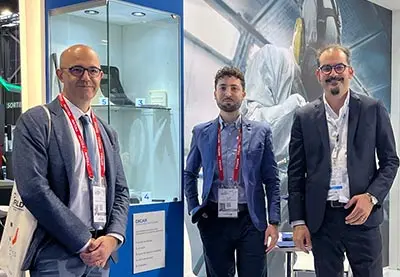Sustainable, recyclable, innovative. Biocomposites – composite materials made from a bio based polymer and natural fibers reinforcement – represent a real and sustainable development opportunity for the industry. ACS (Advanced Composites Solutions) Srl, a company based in Tortoreto with international clients in motorsports, luxury automotive, marine, and aerospace sectors, has been exploring this opportunity for some time through dedicated research and development activities. Among these is the "MAGISTRA" project, funded with the contribution of the Abruzzo Region under the Abruzzo Regional Program FESR 2021-2027.
An interesting and innovative project, in which the Abruzzo-based company is supported by DICAR (Department of Civil Engineering and Architecture) of the University of Catania as a scientific partner. To discuss the project's objectives and initial results, ACS has organized a seminar, sponsored by Confindustria Abruzzo Medio Adriatico, to be held on Thursday, September 19, from 5:00 p.m. onwards at the Confindustria headquarters in Teramo, located in Sant’Atto, industrial services area, at Via Isidoro e Lepido Facii.
The event will feature contributions from Marco Matteucci, president of the Automotive section of Confindustria Abruzzo Medio Adriatico; Romualdo Paino, engineer from ACS technical department, who will present on biocomposites and the latest applications in the industry; and Gianluca Cicala, professor of materials science and technology and deputy director of DICAR, who will speak remotely about the MAGISTRA project and the synergy between the University of Catania and ACS.
“We have long been engaged in multiple research and development activities,” explains Roberto Catenaro, founder and CEO of ACS. “Our R&D department is currently managing two projects on biocomposites and their characteristics that can make them sustainable and recyclable. The goal is to explore the possibility of extending their applications in the industrial world, particularly in the serial production of automotive components. And the initial results of our activities in this regard seem promising."












